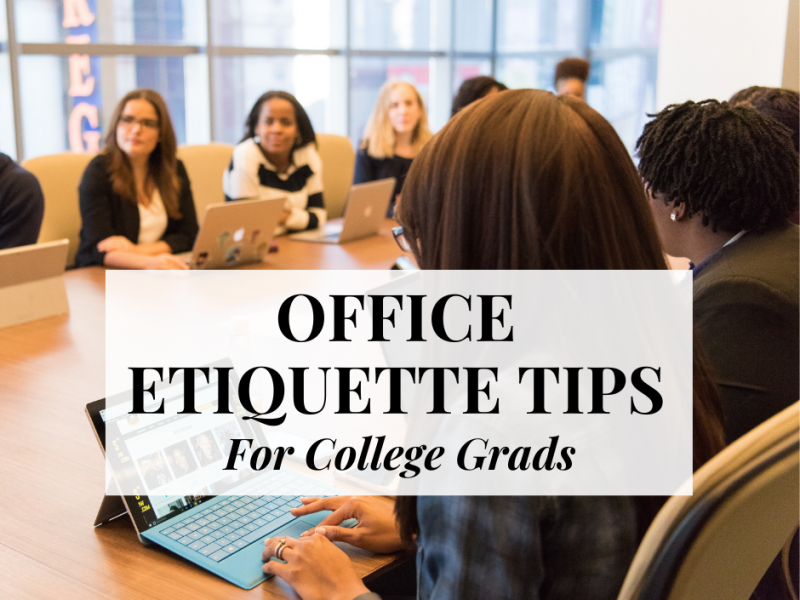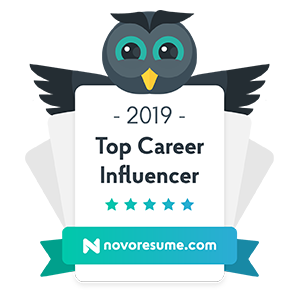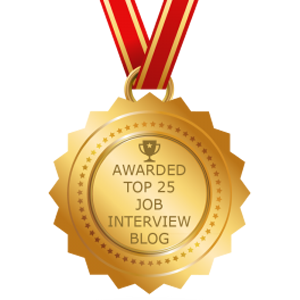Updated: January 2021
You took your final college exams and received your diploma. Now you’re officially a college graduate, which means it’s time to begin your search for a full-time job in your career field. As you begin going on interviews and start your first job, it’s important to study up on proper business etiquette. Following these basic rules will make you appear more professional, and they can help you succeed in your new career. These rules of etiquette will help you make a great impression at your first job out of college.
How to form a positive first-impression during interviews
For recent graduates, interviews are often the most nerve-wracking part of the job search process. Studies say that your interviewer will form an opinion of you within thirty seconds of meeting. Since the first impression is so important, following proper etiquette is crucial. Dress with care for your interview – it’s better to be overdressed than underdressed, so always opt for a more professional outfit. When you get the job, you can go for the more casual look if the office dress code isn’t strict.
Be mindful of your body language
Once the interview begins, pay attention to your body language. Be sure to sit up straight and look the interviewer in the eye. Be careful not to interrupt the interviewer when they’re asking questions, and make sure to smile brightly. Smiling will show that you’re friendly and approachable, and it will signal to the interviewer that you’ll be able to get along with coworkers and clients.
Ask thoughtful questions even if you don’t have any
As the interview winds down, the interviewer will probably ask you if you have any questions. Even if you feel like all your questions have been answered, it’s still best to ask a few questions about the company and its culture. If you don’t ask any questions, the interviewer may think you’re uninterested in the job, and it could give them a negative impression of you. Asking a few questions will the send the message that you’re invested in the job. Just be sure not to ask controversial questions.
“I have increased my networking contacts and job leads. I have more clarity around the direction of my job search!” – Melissa, Job Search Accelerator Member
Leave a strong last impression
End the interview with a firm handshake and a heartfelt thank you, and be polite to everyone you meet as you head out of the building – you never know if the person you’re talking to in the elevator is one of your new supervisors. Within twenty-four hours of the interview, send your interviewer a thank you note that touches on some of what you discussed. Your thank you note should be heartfelt but you can also use some standard interview thank you note examples to guide your message.
After you’re hired, don’t forget etiquette at meetings
You nailed the interview and have started your new job. Now it’s time to prepare for your first meeting. If you want to take notes during the meeting, most companies will allow you to use your laptop. If you’re unsure if laptops are allowed, feel free to ask the person hosting the meeting. But don’t spend the entire meeting on your laptop – when you’re finished taking notes, tilt the screen down and make eye contact with the presenter.During the meeting, keep your cell phone on vibrate, and don’t take any calls unless they’re urgent. If you are expecting an important call during the meeting, inform the presenter beforehand that you may need to duck out for a few minutes. Throughout the meeting, stay engaged and alert, and ask questions to show that you’re interested and invested in your colleagues’ ideas.
Use caution when using social media before and after you’re hired
For recent graduates, social media is a part of everyday life, but once you enter the working world, you will have to be a bit more careful with how you use it. As you begin making professional relationships, your clients may ask to be friends on Facebook. It’s up to you to decide if you want to mix personal with professional, but if you do decide to add clients or coworkers on Facebook, you’ll need to make sure that everything you post on your page is professional. If you’d rather keep your Facebook all personal, politely ask your client if you can add them on LinkedIn, or refer them to your Twitter handle.
How to use social media in a professional way
In general, try to keep your social media presence professional, and use your Twitter and Facebook pages as platforms to promote your professional interests. This will be looked upon favorably when potential employers see your page during your job search. To create the strongest first impression and increase your chances of being found by recruiters, optimize your LinkedIn presence.
If you’re hoping to improve your entry level job search and land a job in record time, check out the Job Search Accelerator. In this budget-friendly job landing community you’ll have access to all of Noelle’s expert resources including a FREE resume review, optimized resume and cover letter templates, networking scripts and templates, LinkedIn optimization courses, interview answer scripts and more – everything you need to feel confident, navigate the job search successfully, and put your best foot forward as an applicant.


 What Employers Look for on Your Social Media Profile
What Employers Look for on Your Social Media Profile


